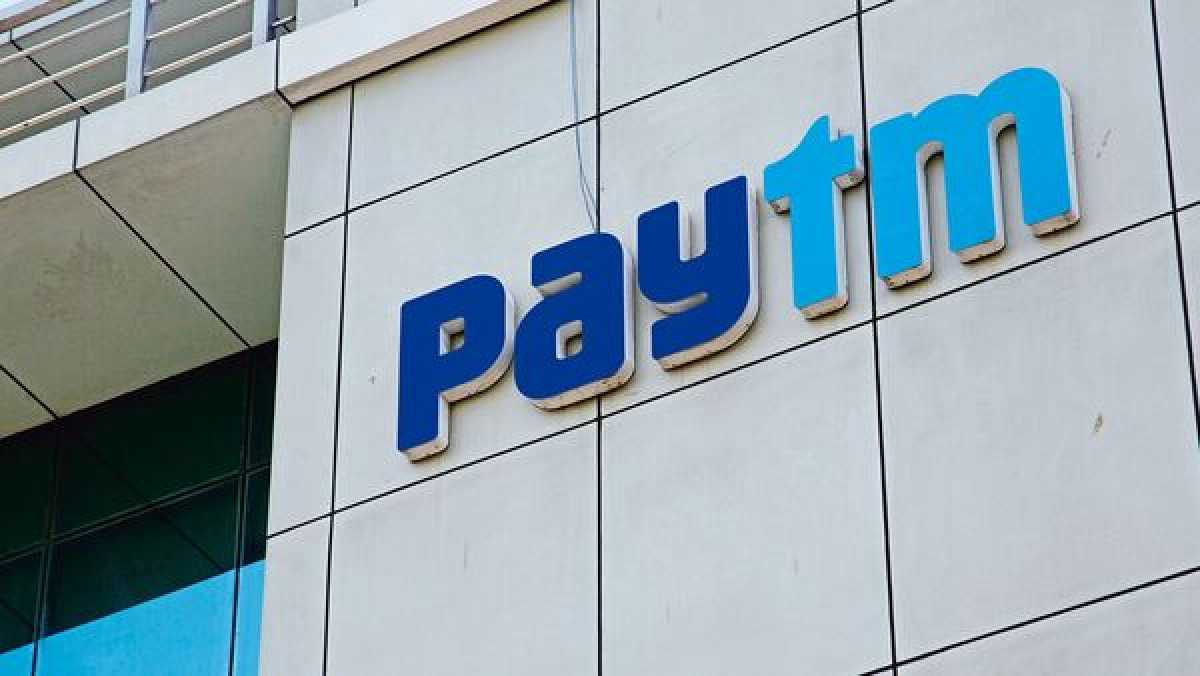Business
Paytm Stock Crash Worries Mutual Funds as NAVs Face Pressure

As Paytm shares plummeted by 20 percent due to the Reserve Bank of India‘s decision to bar Paytm Payments Bank from opening new customer accounts, concerns have risen among both retail investors and mutual fund houses. There are several mutual fund schemes that have invested a significant portion of their portfolio in Paytm stock, ranging from 4-5 percent. As a result, these schemes are likely to experience a decline in their net asset value (NAV).
The impact on NAV will depend on the percentage of their allocation to Paytm stock, which was recorded as of December 31, 2023. However, it’s important to note that these holdings may have changed since then, and mutual funds are expected to disclose updated information in the coming days. According to Manoj Nagpal, the allocation to Paytm is higher among active mutual funds compared to passive schemes.
Some of the active mutual funds with significant allocation to Paytm stock include Mirae Asset, Nippon India, Helios Capital, and Motilal Oswal. On the other hand, the top passive schemes with higher allocation to Paytm stock include Bandhan Nifty Alpha 50 Index and Motilal S&P BSE Financial. These figures are based on their allocation as of December 31, 2023, and might have slightly changed since then.
Paytm’s share price witnessed a sharp decline on February 1st, with the stock opening lower at ₹608.80 on the BSE and experiencing a 20 percent lower circuit in the first few minutes of trading. Experts believe that the RBI‘s restrictions may negatively impact Paytm’s lending business, which contributes around one-fifth of the company’s net revenue. The stock’s performance is also expected to be influenced by the official announcement from Paytm management regarding the impact of the RBI’s restriction on its operations.












